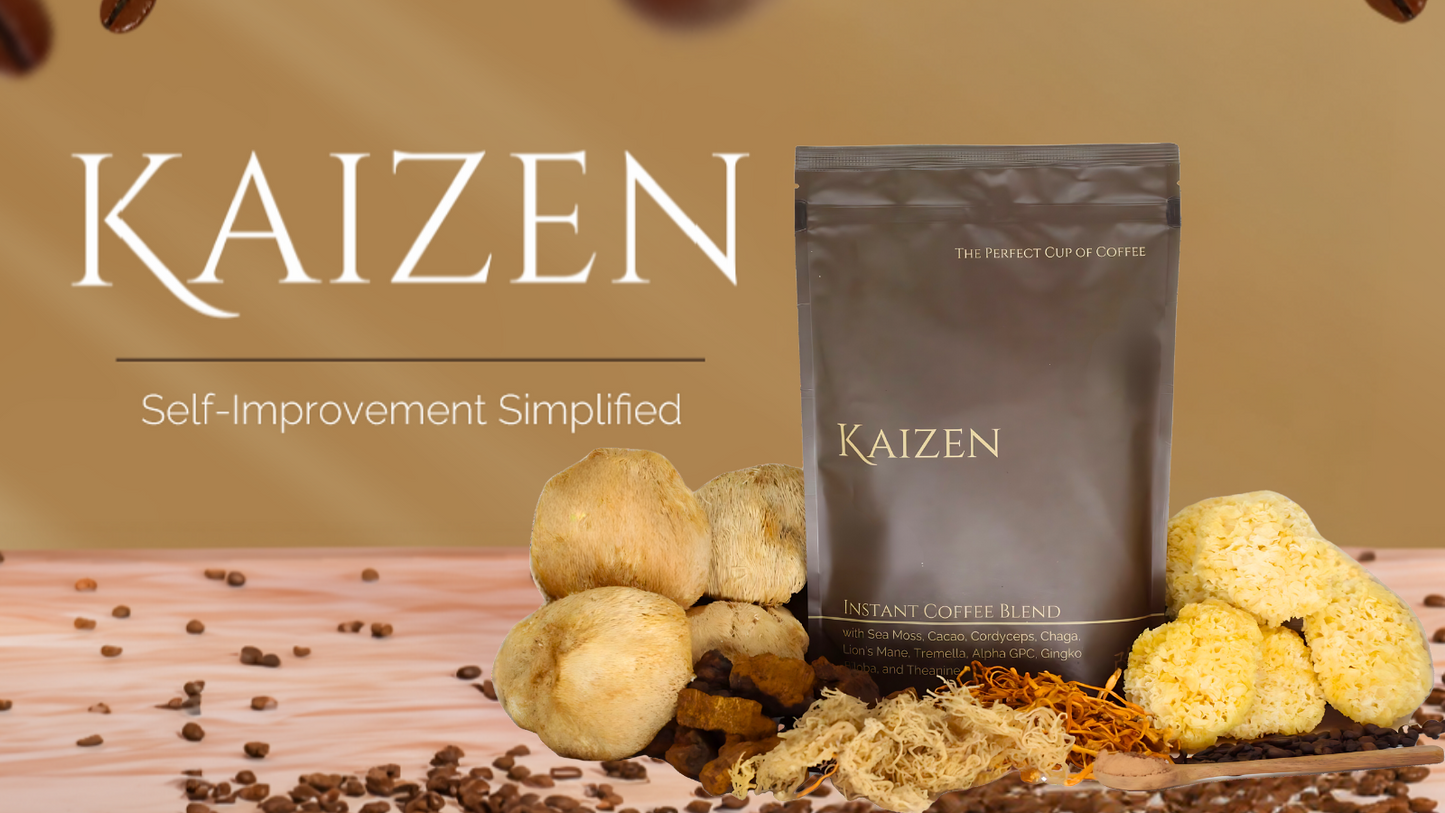
Have you ever stopped to think about what might be lurking in your morning cup of coffee? Recent studies have revealed a shocking truth - most coffee beans contain toxic mold.
What is Toxic Mold?
Toxic mold, also known as mycotoxins, are produced by certain types of fungi that grow on food products, including coffee beans. These molds can have harmful effects on human health when consumed in large quantities.
Studies and Statistics
45% of commercially available coffee beans were shown to contain toxic mold. Additionally, the World Health Organization has reported that mycotoxins in coffee can lead to various health issues, including liver damage and cancer.
Furthermore, a study published in the Journal of Food Protection revealed that mycotoxin levels in roasted coffee beans can exceed the recommended limits set by regulatory agencies in some cases.
Implications for Coffee Drinkers
For the average coffee drinker, the presence of toxic mold in coffee beans may come as a surprise. While the levels of mycotoxins in coffee are generally considered safe for consumption, it is essential to be aware of the potential risks associated with mold contamination.
Individuals with compromised immune systems or underlying health conditions may be more susceptible to the effects of mycotoxins in coffee. It is crucial for consumers to be informed and make educated choices about their coffee consumption.
As a coffee lover, it is essential to be aware of the presence of toxic mold in coffee beans and take steps to minimize exposure. Opting for high-quality, organic coffee beans and storing them properly can help reduce the risk of mold contamination.
Remember, knowledge is power when it comes to making informed decisions about your health and well-being. Stay informed, stay vigilant, and enjoy your coffee responsibly.
